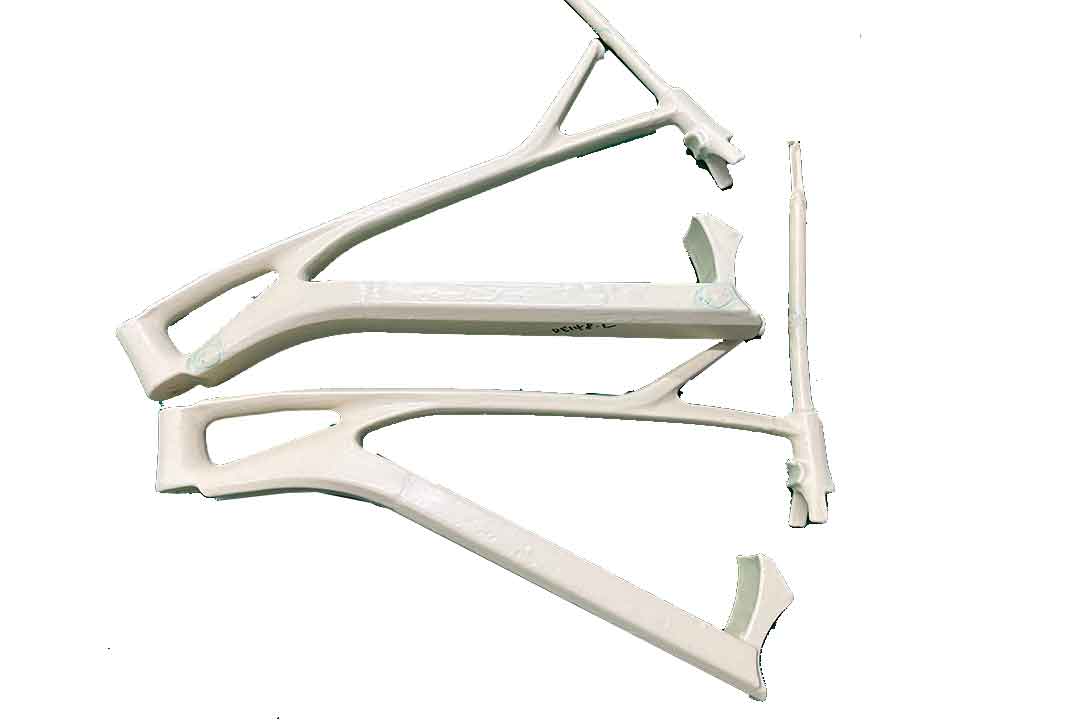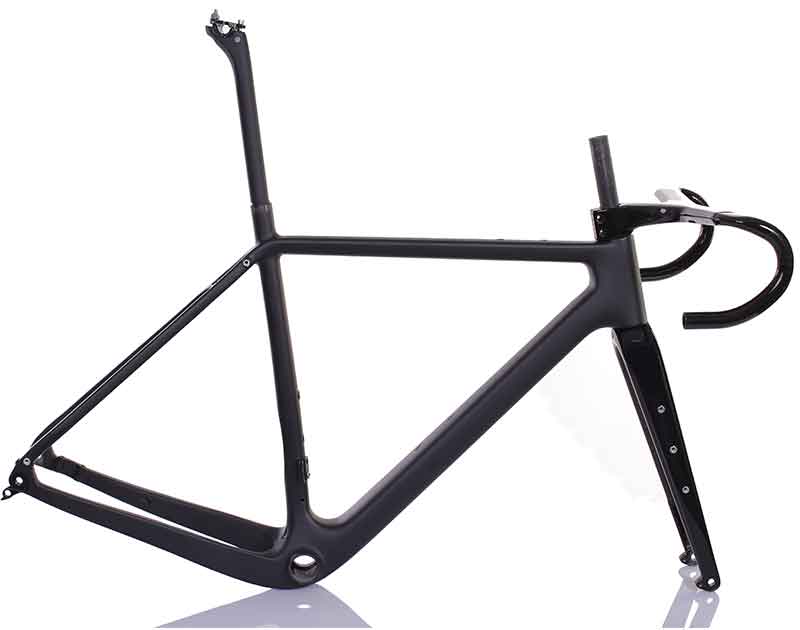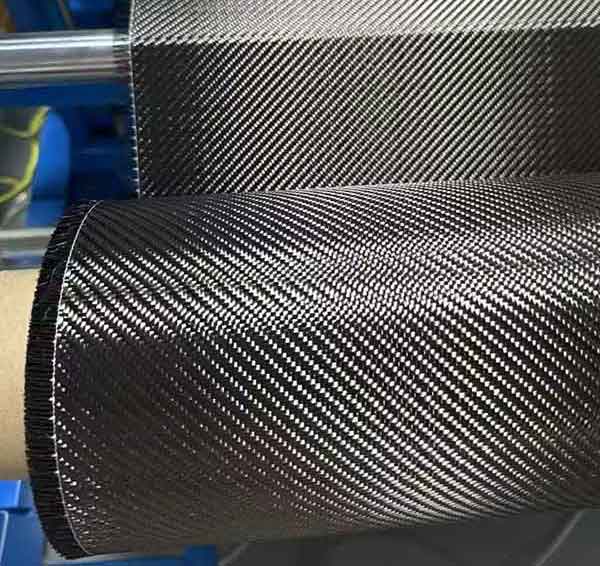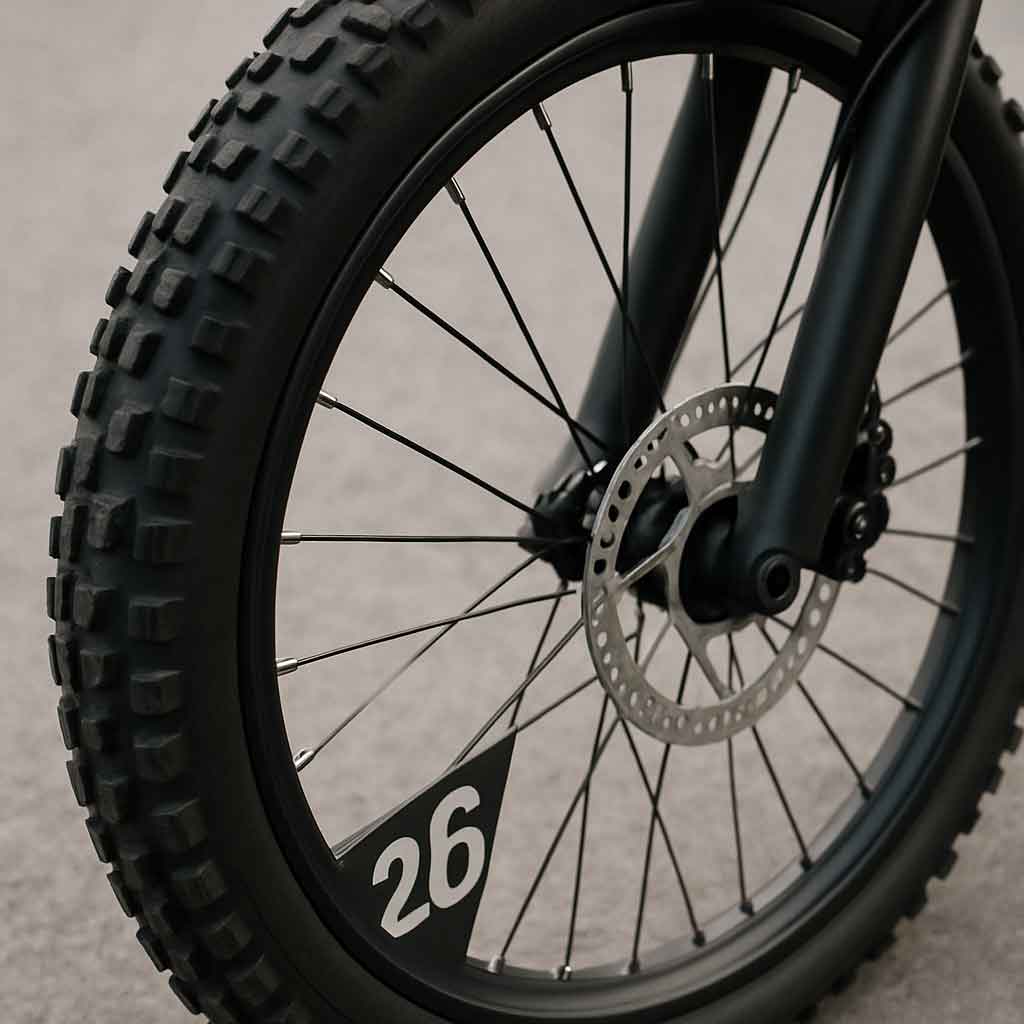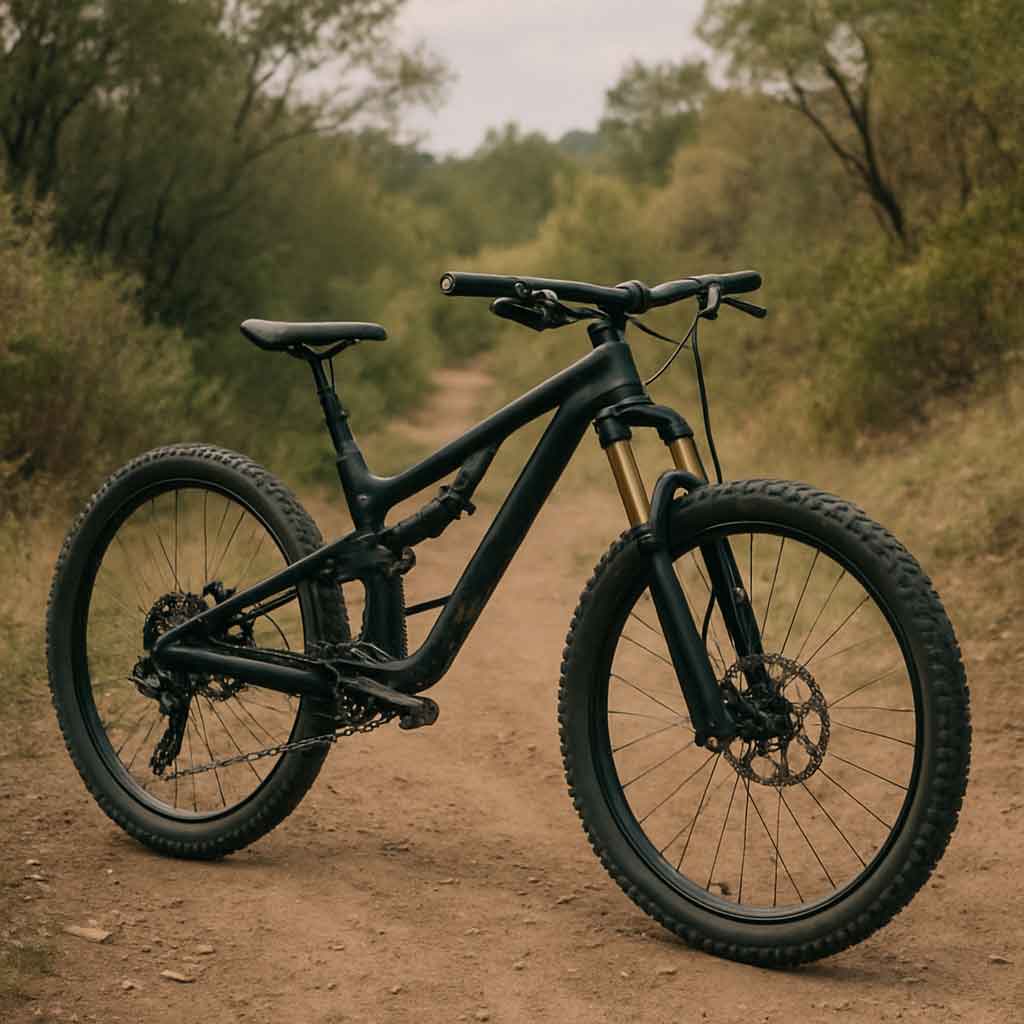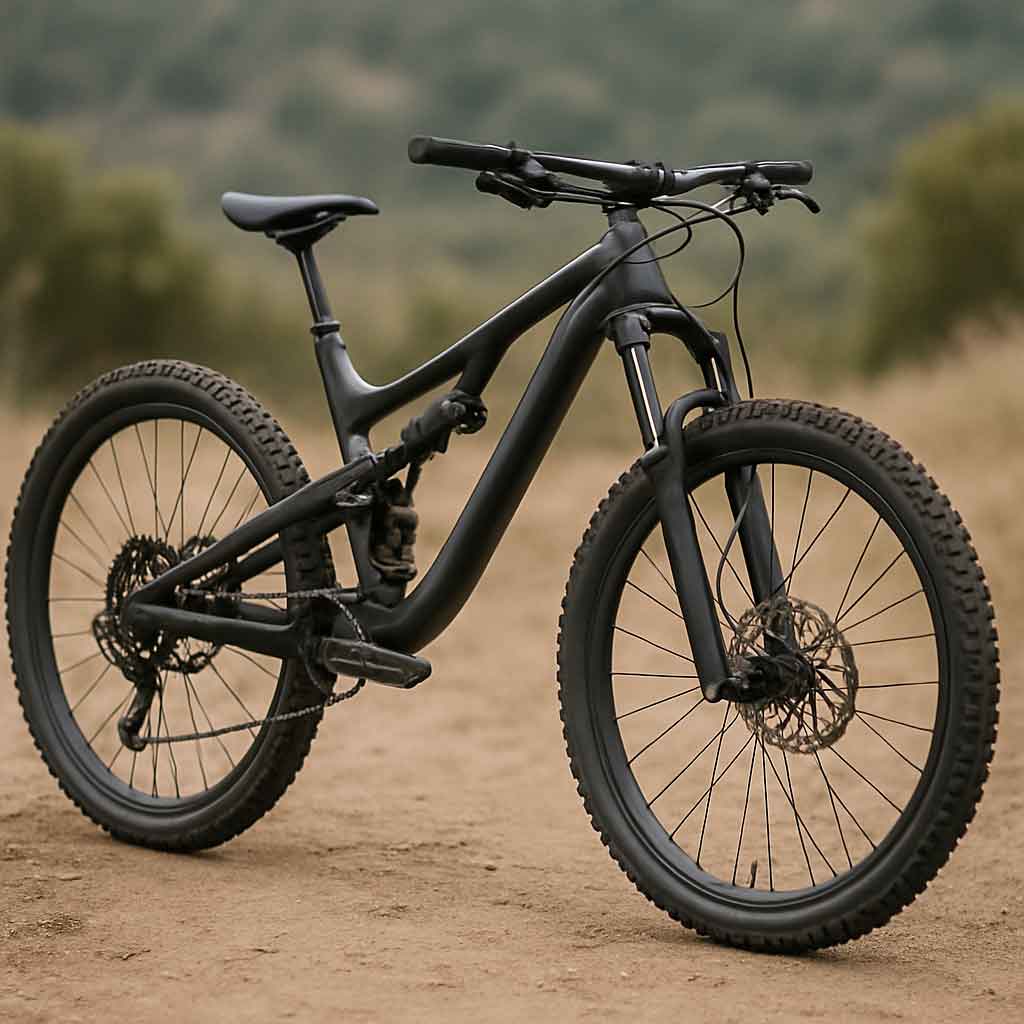Welcome to Mondince Bike - A well-known factory specialized in produce carbon bike frame and other parts since 2007.
Understanding the Benefits of 26 Inch Wheel Rims
When it comes to mountain biking, choosing the right wheel size can significantly impact your ride. Among the various sizes available, 26 inch wheel rims have long been a favorite for many riders. In this article, we will explore the benefits of 26 inch wheel rims and why they continue to be a popular choice for mountain biking enthusiasts.
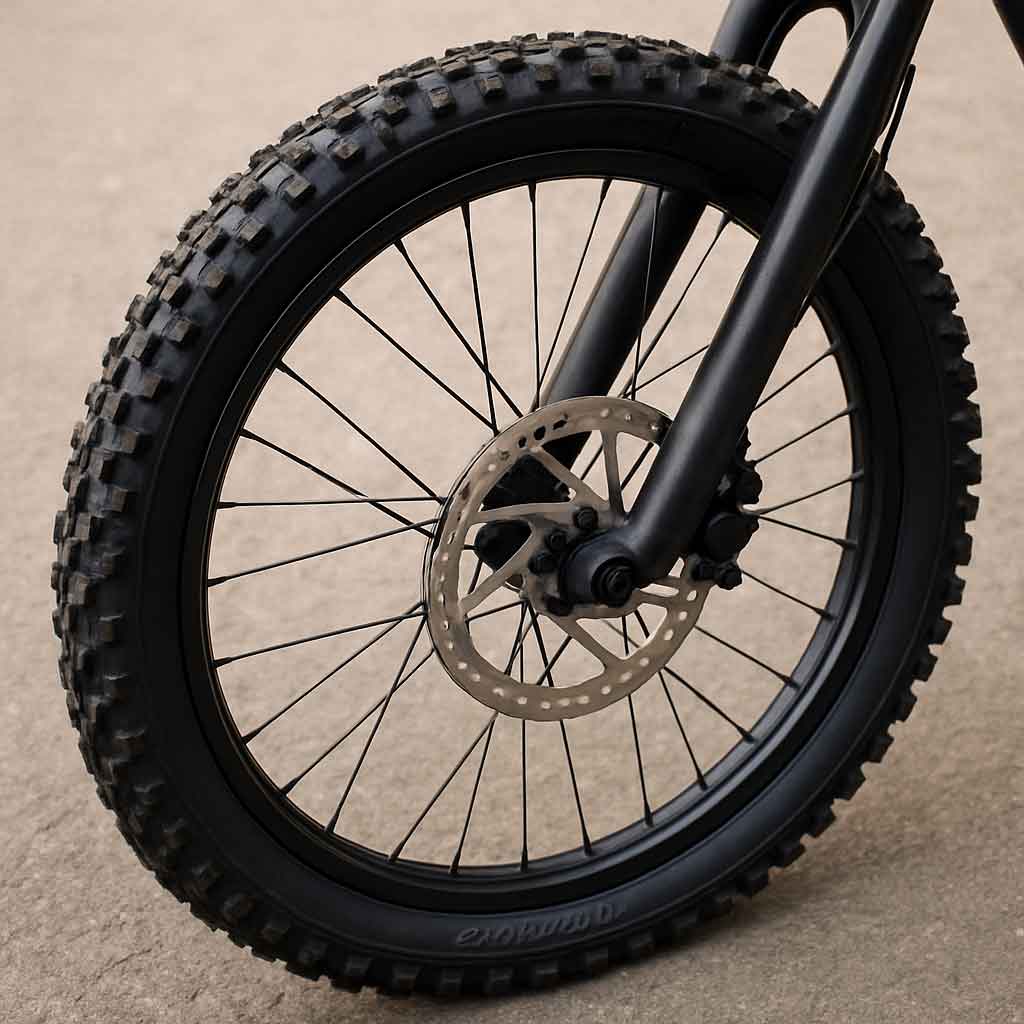
26 inch wheel rims refer to the diameter of the wheel, which is measured from one end to the other through the center. Traditionally, 26 inch rims have been the standard size for mountain bikes. Although larger wheel sizes like 27.5 and 29 inches have gained popularity, 26 inch rims still offer unique advantages.
Advantages of 26 Inch Mountain Bike Wheels
Enhanced Maneuverability
One of the standout features of 26 inch mountain bike wheels is their excellent maneuverability. The smaller diameter allows for quicker and more responsive handling, making it easier to navigate through tight trails and tricky terrains. For riders who enjoy technical riding or downhill racing, the agility of 26 inch wheels can be a significant advantage.
Lightweight Build
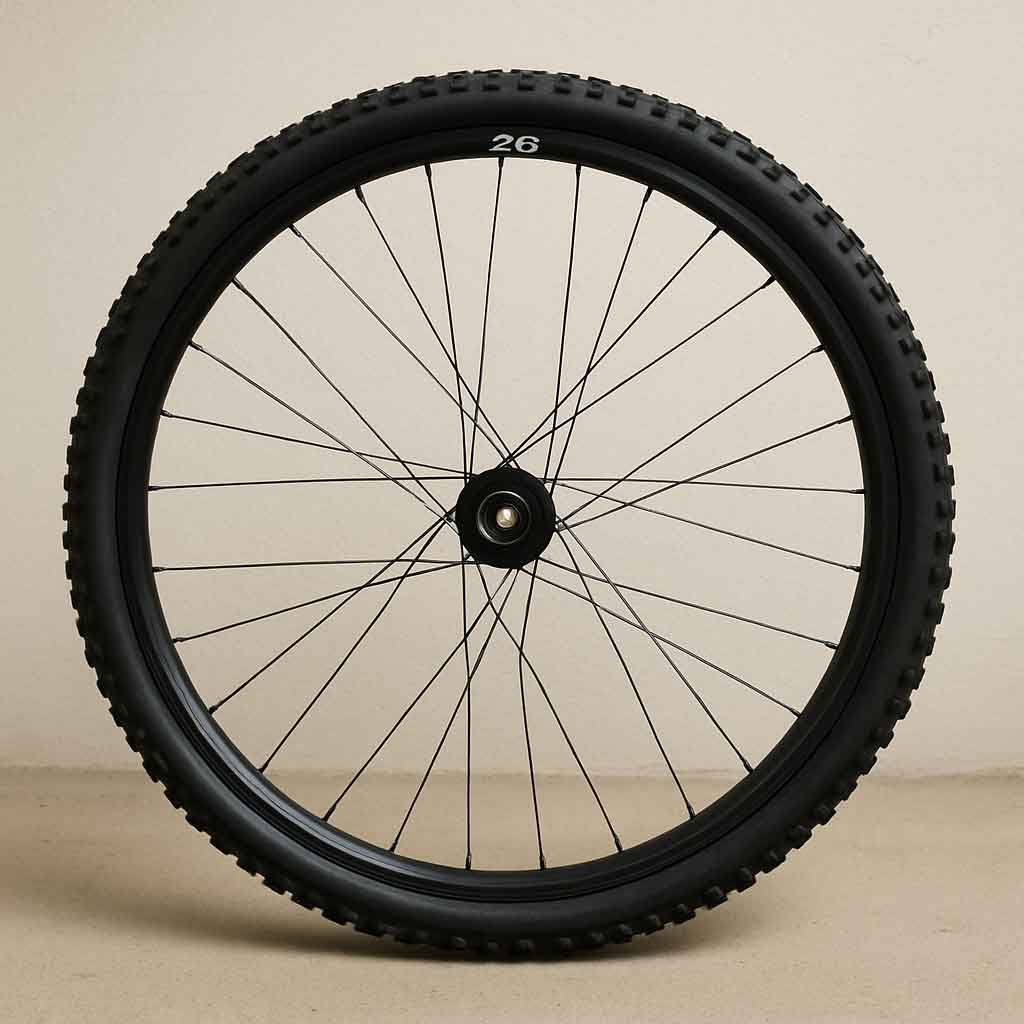
Another benefit of 26 inch bike rims is their lightweight nature. A lighter wheel means less rotational mass, allowing for faster acceleration and easier climbing. For those who frequently tackle steep hills, the weight savings can make a noticeable difference in performance and endurance.
Durability and Strength
26 inch mountain bike rim sets are known for their robust construction. The smaller size often translates to greater strength and durability, making these wheels less prone to damage from rocks, roots, and other obstacles on the trail. Riders who seek a reliable and long-lasting wheelset will find 26 inch bicycle rims to be a worthy choice.
Versatility Across Terrains
The versatility of 26 inch mountain bike wheels cannot be overstated. Whether you're riding on rocky trails, muddy paths, or sandy surfaces, these wheels provide a balanced ride across various terrains. The compact size allows for better control and stability, enhancing the rider's confidence in diverse conditions.
Comparing 26 Inch to Other Wheel Sizes
26 Inch vs. 27.5 Inch Wheels
The debate between 26 inch and 27.5 inch wheels often comes down to personal preference and riding style. While 27.5 inch wheels offer a smoother ride over rough terrain due to their larger size, 26 inch wheels provide better handling and quicker acceleration. Riders who prioritize agility and speed often lean towards the 26 inch option.
26 Inch vs. 29 Inch Wheels
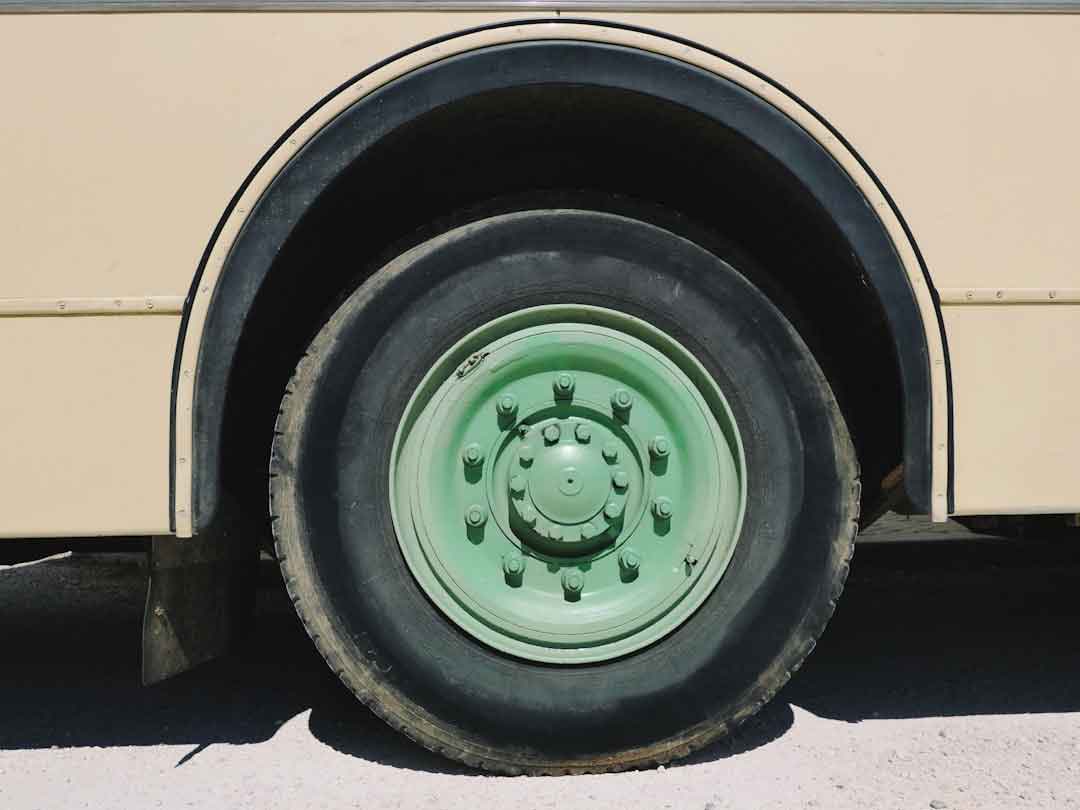
by Umanoide (https://unsplash.com/@umanoide)
29 inch wheels have gained traction for their ability to roll over obstacles more easily, providing a smoother ride on uneven surfaces. However, they can be heavier and less nimble than 26 inch wheels. For riders who enjoy technical trails and require fast, responsive handling, 26 inch mountain bike wheels remain a preferred choice.
Choosing the Right 26 Inch Wheelset
Consider Your Riding Style
When selecting a 26 inch bike wheelset, it's essential to consider your riding style. Are you a cross-country enthusiast seeking speed and efficiency, or do you prefer downhill adventures that demand durability and control? Understanding your needs will help you choose the right wheelset for your biking adventures.
Evaluate Material and Construction
26 inch mtb wheels come in various materials, including aluminum and carbon fiber. Aluminum rims are known for their durability and affordability, making them a popular choice for many riders. Carbon fiber rims, on the other hand, offer a lighter weight and superior performance but come at a higher price point. Assess your budget and performance requirements when making your decision.
Tubeless vs. Tubed Tires
Another consideration is whether to opt for tubeless or tubed tires. Tubeless setups provide better puncture resistance and allow for lower tire pressures, enhancing traction and comfort. However, they require more maintenance and initial setup. Tubed tires are simpler to install and maintain but may be more prone to flats.
Cost of 26 Inch Bicycle Wheels
The price of 26 inch bicycle rims can vary widely depending on the material, brand, and features. Entry-level aluminum rims can be relatively affordable, while high-end carbon fiber options may come with a premium price tag. It's important to balance your budget with your performance needs to find the right wheelset for your biking adventures.
Maintenance Tips for 26 Inch Bike Wheels
Regular Inspection and Cleaning
To ensure the longevity and performance of your 26 inch bike wheels, regular inspection and cleaning are crucial. Check for any signs of damage, such as cracks or bends, and clean the rims to remove dirt and debris that could affect performance.
Proper Tire Inflation
Maintaining the correct tire pressure is essential for optimal performance and safety. Under-inflated tires can lead to increased rolling resistance and pinch flats, while over-inflated tires may result in a harsh ride and reduced traction. Refer to the manufacturer's recommendations for the ideal tire pressure for your specific wheelset.
Wheel Truing and Alignment
Over time, wheels can become misaligned or develop a wobble. Regular wheel truing and alignment can help maintain a smooth ride and prevent excessive wear on your bike components. If you're not familiar with the process, consider seeking professional assistance from a bike shop.
Conclusion
26 inch wheel rims continue to be a popular choice for mountain bikers due to their maneuverability, lightweight build, durability, and versatility. Whether you're navigating technical trails or seeking a balanced ride across various terrains, these wheels offer a compelling option for riders of all skill levels. By understanding the benefits and considerations of 26 inch mountain bike wheels, you can make an informed decision to enhance your biking experience.



